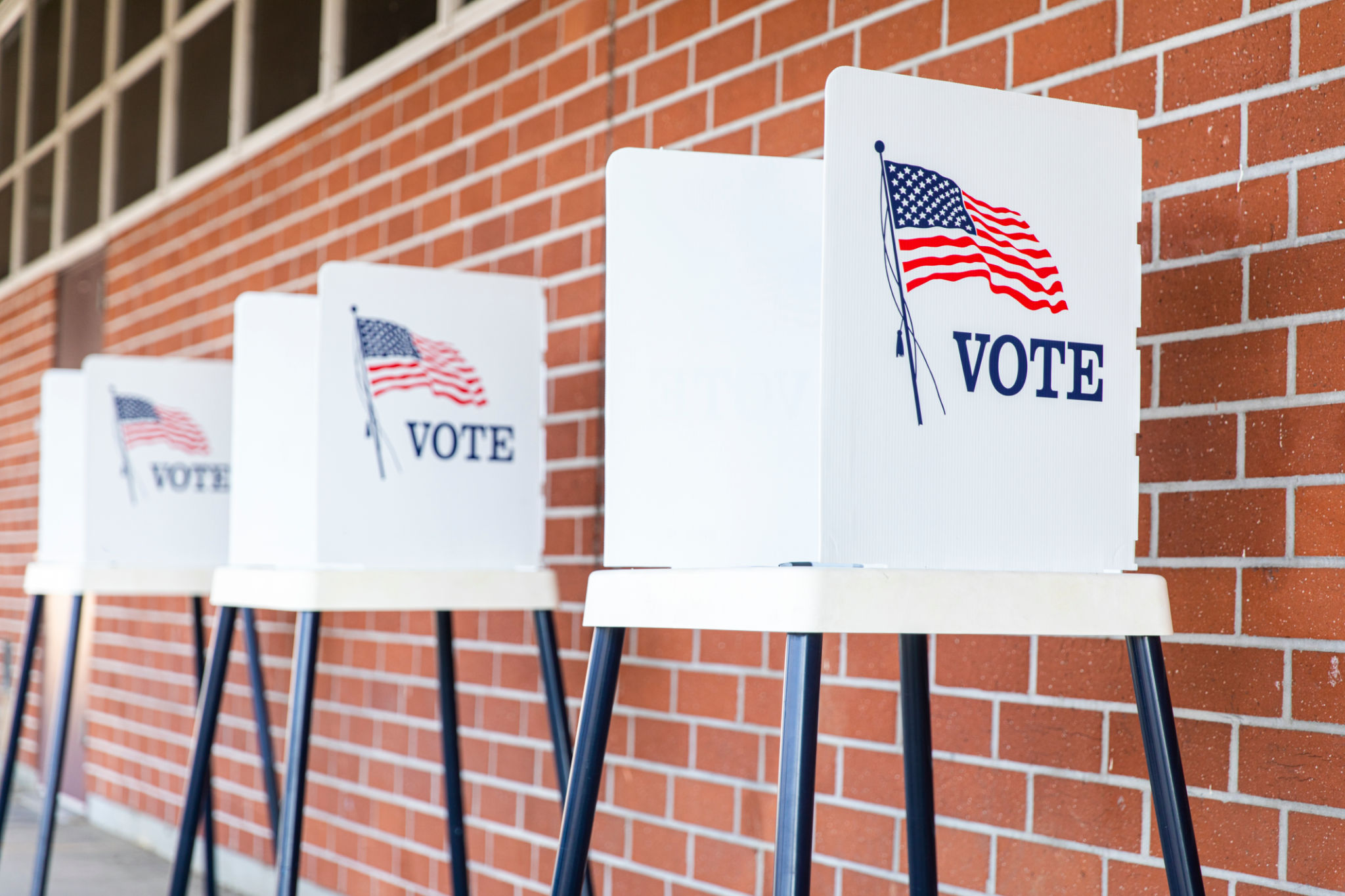Enhancing Voter Engagement Through AI Technology
Transforming Voter Engagement with AI
In recent years, the intersection of technology and democracy has become more pronounced, with artificial intelligence playing a pivotal role in reshaping how citizens engage in the electoral process. As voter turnout remains a critical challenge for many democracies, leveraging AI technology offers innovative solutions to enhance voter participation and engagement.
AI technology can streamline the process of reaching out to voters through personalized communication. By analyzing vast datasets, AI can help identify the interests and preferences of different voter segments, allowing for tailored messaging that resonates more effectively. This personalized approach not only captures attention but also encourages a deeper connection with the electoral process.

Improving Accessibility and Information
One of the significant barriers to voter engagement is the lack of accessible information. AI can assist in breaking down these barriers by providing voters with easy access to relevant information. Through AI-powered chatbots and virtual assistants, voters can receive instant answers to their questions about voting procedures, polling locations, and candidate platforms.
Furthermore, AI can help ensure that this information is accessible to a broader audience by supporting multiple languages and formats suitable for different devices. This inclusivity is crucial for reaching underserved communities and ensuring that every eligible voter has the opportunity to participate in elections.

Enhancing Voter Education
Educating voters about the importance of their participation and the impact of their votes is another area where AI can make a significant difference. AI-driven platforms can provide interactive educational content that engages voters in a compelling manner. From informative videos to quizzes and simulations, these tools can help demystify the electoral process and its significance.
By using AI to create engaging educational experiences, voters are more likely to understand the issues at stake and the power they hold as constituents. This understanding can foster a more informed electorate that is motivated to head to the polls.

Predictive Analytics and Voter Turnout
Another promising application of AI in voter engagement is predictive analytics. By analyzing historical voting data, social media trends, and demographic information, AI algorithms can predict voter turnout patterns. This insight enables election officials and campaigners to strategically allocate resources and efforts where they are needed most.
For instance, if AI predicts low turnout in certain areas, targeted campaigns can be designed to boost engagement through outreach initiatives or community events. By anticipating voter behavior, stakeholders can proactively address potential obstacles to participation.
Ethical Considerations and Data Privacy
While the benefits of AI in enhancing voter engagement are substantial, it is crucial to address ethical considerations and data privacy concerns. The use of personal data must be handled with transparency and consent to maintain trust among voters. Implementing robust data protection measures ensures that voter information is safeguarded against misuse.
Furthermore, as AI continues to evolve, ongoing discussions about ethical guidelines and regulations are necessary to balance innovation with respect for individual rights. Maintaining this balance is key to harnessing AI's potential while preserving democratic integrity.

Conclusion: A New Era of Voter Engagement
The integration of AI technology in the electoral process marks the beginning of a new era for voter engagement. By personalizing communication, improving accessibility, enhancing education, and utilizing predictive analytics, AI offers significant opportunities to boost voter participation. However, a careful approach that respects ethical considerations is vital in leveraging these advancements effectively.
As we continue to explore the possibilities of AI in democracy, collaboration between technologists, policymakers, and communities will be essential in shaping a future where every voice is heard and every vote counts.